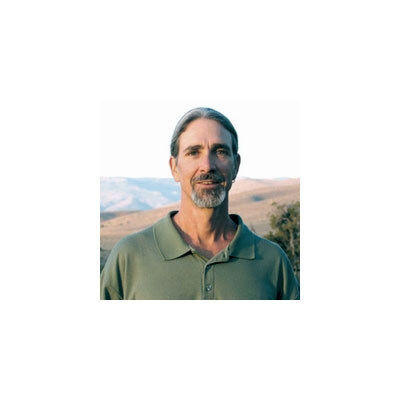I’ll admit that those of us who live in remote desert places tend to be idiosyncratic, though it is unclear to me whether the weird are attracted to the wild, dry country or if we are instead sculpted by it. And when you live in relative isolation—and in a physical environment that conspires with that isolation to scour away affectation and superfluity—you discover some odd things about yourself, among which is that you are odd. But living in this high desert outback also helps correct for the homogenizing tendencies of living in town, where our unique character is too easily distorted by the social requirements of conformity, consistency, and compromise. Out here we tend to revert to whatever we might have been if the demands of the social contract had never burdened us in the first place. I don’t claim that the end result of this reversion is always pretty. On the contrary, neither nature nor human nature inspire much romanticism out here, where a pastoral fantasy is about as sustainable as a lawn. Still, it is liberating to live in a place where there’s nobody close enough to see what you’re up to, let alone suggest that you trim your hedges or go to church.
A recitation of my own weird habits and tendencies would occupy more space than this Rant allows. While I’m not in the habit of expounding upon my innumerable idiosyncrasies, the eldest of our two young daughters has now reached an age at which she has begun to insist that I explain and defend these eccentricities—an exercise that largely defeats the purpose of rural desert living, in which the sanctity of the inexplicable, indefensible, and idiosyncratic is all but holy. As it turns out, however, this concept of freedom is too abstract for ten-year-old Hannah, whose social comparisons have led her to the mildly troubling and no doubt inevitable conclusion that I am “totally not like other Dads.”
As Hannah becomes more socially aware, more concerned about what is normal, and more worried that our family may not qualify, I am barraged with unanswerable questions. Why do I correct the baseball radio announcers when I know they can’t hear me? Why do I tell chicken-crossing-the-road jokes to our hens? Why am I not afraid of scorpions and rattlesnakes but nervous around cows? Why do I fly kites using a fishing pole? How did I ever learn so much about pronghorn antelope without learning anything about Taylor Swift? Why do I have pet names for my chainsaw (“Landshark”) and weed whacker (“Cujo”)? Why do I always have to say what kind of animal’s butt the poop came from? Why do I like to put goldfish into the BLM stock tanks? Why do I so often wear no pants? This kind of interrogation makes me wish my kid would just ask about something simple, like mortality, God, or where babies come from. But, no, it always has to be the no pants thing again.
Recently Hannah lighted on a new “Daddy is so weird” behavior, which she asked me to defend: “Dad, why do you read while you walk?” Reading while I hike through the desert is a habit I developed so long ago that it never occurred to me that it might require explanation. I could have replied that because I walk about 1,300 miles a year around here, I get bored—but while I do walk that much, I never lose interest in this landscape. I could have said that I have a lot of work to do and can’t afford the time to hike unless I’m also reading, but that’s not accurate either. I might have pointed out that I’m no weirder than the knotheads you see walking around town reading their phone screens until they bump into each other, but my pride wouldn’t allow the comparison. Ultimately, I decided that I should try to give Hannah an honest, helpful answer. To do that I’d first have to scrutinize my odd, peripatetic reading habit.
Get the rest of Michael's Rants from the Hill on High Country News.
Island Press author, Michael Branch, is Professor of Literature and Environment at the University of Nevada, Reno. He has published five books many articles and essays, including recent environmental creative nonfiction in Utne Reader, Orion, Ecotone, Isotope, Hawk and Handsaw, Places, and Whole Terrain. He is the editor of John Muir's Last Journey.


